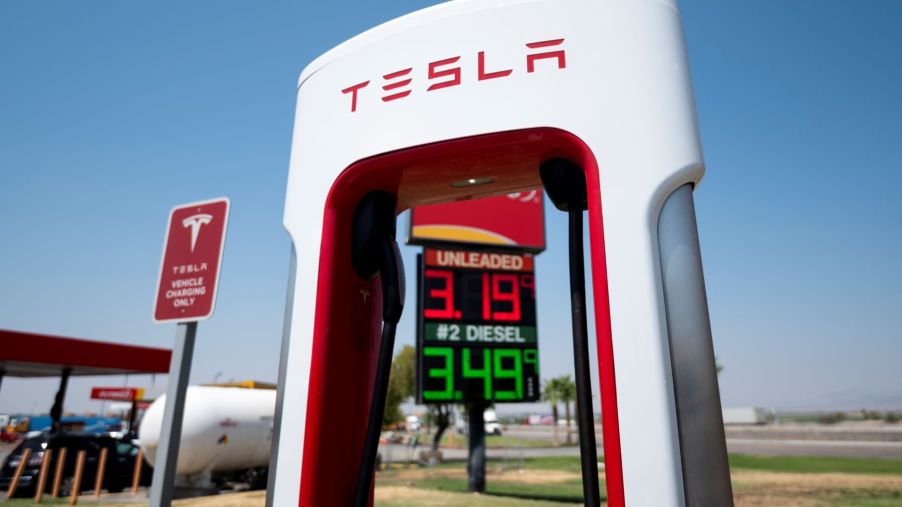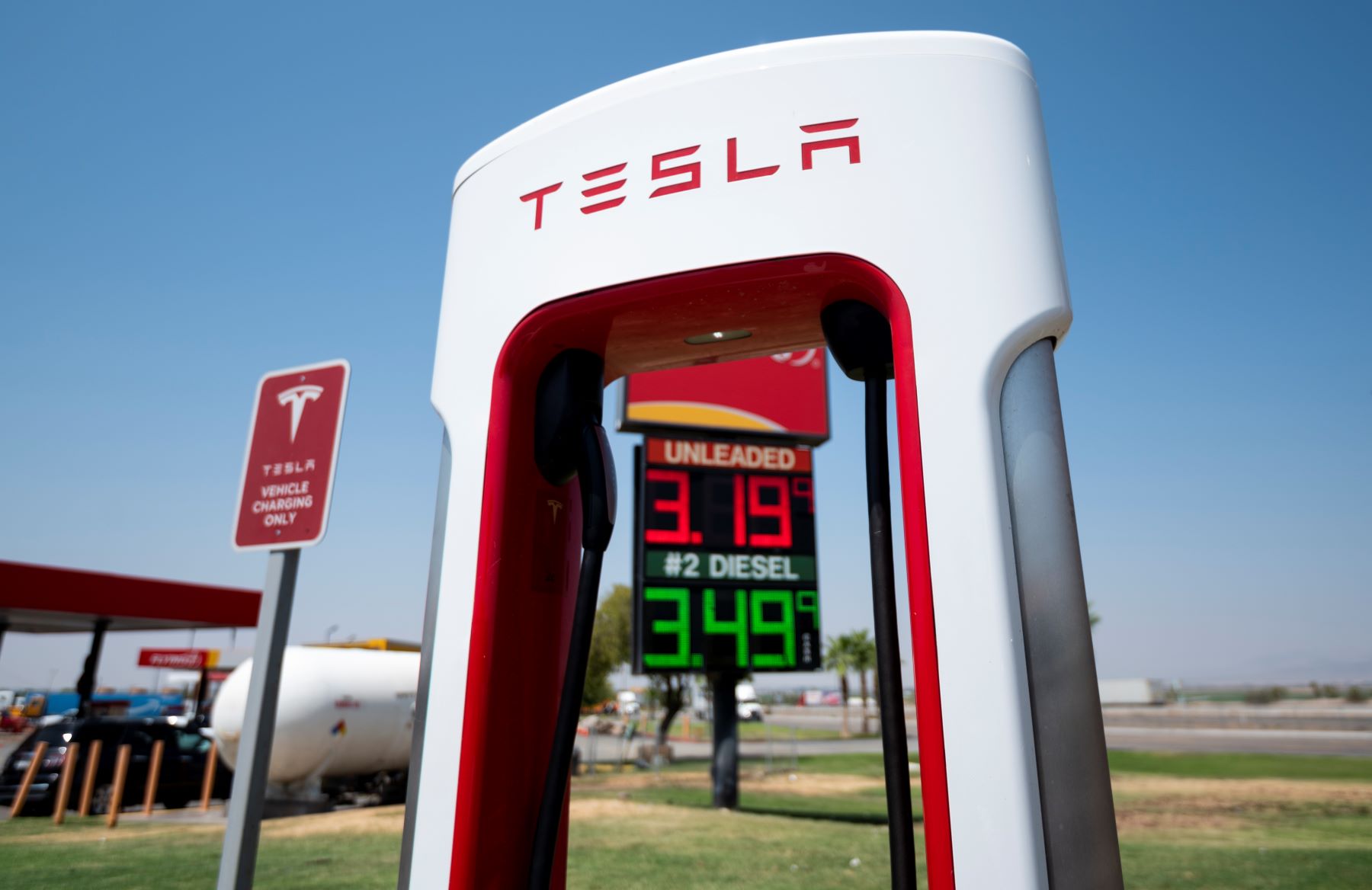
Will EV Prices Go up With Gas Prices?
Gas prices are at an all-time high and the demand for fuel-efficient EVs with them. With gas stations charging upwards of $4, $5, $6, and more per gallon and companies shifting to an increasingly electric model, electric vehicles (or EVs) appear to be the way to go. However, just because electric cars are cheaper on paper doesn’t mean their prices are set in stone.
Why are gas prices so high?

The Russia and Ukraine situation isn’t the sole cause of the price hikes. In recent months, supply chain issues and a struggling global economy have already hurt the market. Patrick De Haan of GasBuddy spoke to NBC Chicago about the conflation of circumstances that got us where we are right now.
“Americans have never seen gasoline prices this high, nor have we seen the pace of increases so fast and furious,” De Haan said of the situation, noting how sanctions and the industry’s snowball effect play a part in the ordeal. “It’s a dire situation and won’t improve any time soon. The high prices are likely to stick around for not days or weeks, like they did in 2008, but months. GasBuddy now expects the yearly national average to rise to its highest ever recorded.”
While drivers can, in theory, save money by going electric, they’re not immune to similar issues to those that plague the fuel industry, and the Verge recently dove into how these issues affect the economy at large.
How will this affect electric vehicles?
The oil industry isn’t the only one affected by the brewing conflict. According to The Verge, the rising price of nickel also took a hit. Nickel quadrupled in price from the end of February, and while the price dropped in the weeks since, it reached as high as $100,000 a ton. That’s a massive markup for car manufacturers who need its connectivity to thrive.
Most modern batteries need nickel to conduct the necessary energy to power the vehicle. Industry titan Elon Musk addressed this much regarding the recent price hikes. If carmakers are spending four times more on nickel, it’s likely to affect the cost of batteries and cars. Should the prices go back down to where they were, it will be little more than a hiccup. However, if the conflict isn’t settled shortly, automakers will have a decision to make.
The Verge notes how Elon Musk spoke on the matter in late February and March, stating that Tesla was considering an iron alternative to help offset the cost. However, such batteries are difficult to make at short notice, and further testing is needed before these iron cathode batteries are ready.
EVs are still worth it
On top of the challenges in manufacturing new electric vehicles, the ongoing supply chain issues make it hard for the industry to keep up with demand. More and more drivers, especially those with long commutes, are switching to electric vehicles and hybrid vehicles to save on their fuel costs. This became a challenge as the supply chain took a hit amidst the ongoing pandemic.
For those who can get their hands on a new EV, the cost to run them isn’t as expensive as gas vehicles, but a lack of an alternative to nickel could make the immediate cost a little bit higher. As more electric and hybrid cars hit the market, however, the prices may go down – if they get enough nickel.
Until then, those in search of an electric vehicle are smart to get one if they can. However, for those who have to wait, it might be beneficial to see how ongoing events affect the price of gas, nickel, and other essential factors of the cost.


